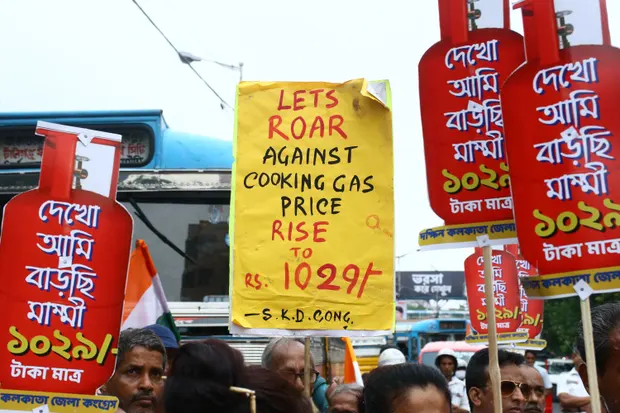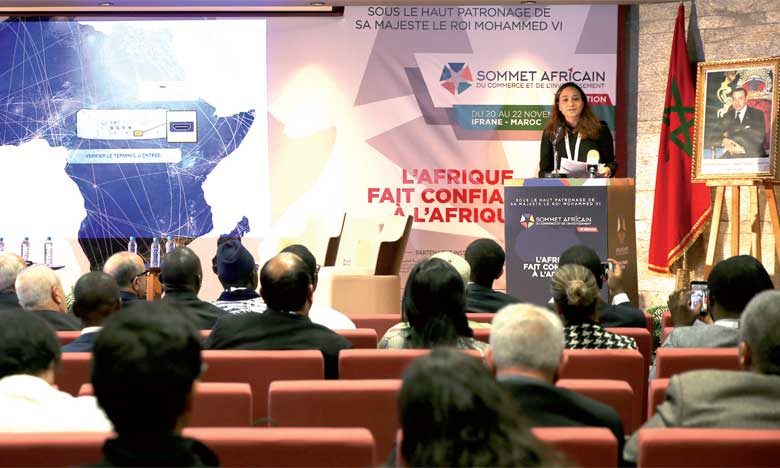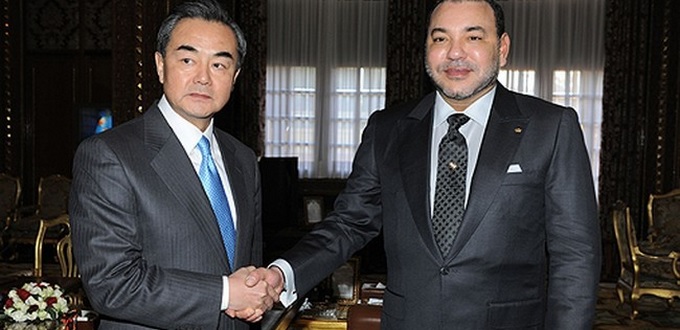Lingering effects of the Covid-19 pandemic and the Russia-Ukraine war pose huge challenges to the continent, a recent African Economic Outlook report by the African Development Bank (ADB) concluded.
As the war in Ukraine and coronavirus pandemic continue to bite, pushing millions of Africans into extreme poverty, locals are hoping initiatives by the ADB and their governments will spark an economic rebound. For example, Nigeria, Africa’s largest economy, is struggling with the inflationary pressure that results from the Russia-Ukraine war. Faced with soaring costs and forced to survive on less than two US dollars a day, many Nigerians are now buying basic products in small quantities to be consumed on the same day.
The ADB has recently approved $1.5 billion to avert a food crisis on the continent by providing seed and other supplies to 20 million farmers.
Although gas producers like Tanzania, Senegal and Nigeria may benefit from Europe’s moves to end its dependence on Russian energy, still the immediate challenge is hardship for African families, millions of which are already struggling to get by. In Somalia, Uganda and even Tanzania, Ukraine’s crisis has already caused a surge in prices of soap, sugar, salt, cooking oil and fuel. Therefore, the Bank of Tanzania has just announced plans to be less accommodative for the remainder of the year to curb inflationary pressures. “At the backdrop of rising inflationary pressures, the MPC approved the Bank of Tanzania to reduce the speed of expanding liquidity in the remainder of 2022,” the Monetary Policy Committee said in a statement following its latest meeting held on August 5.



